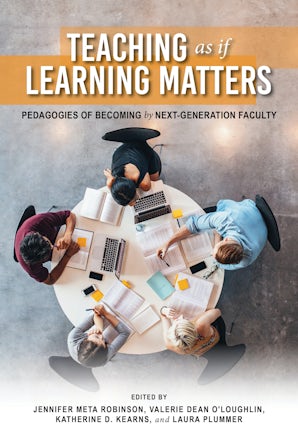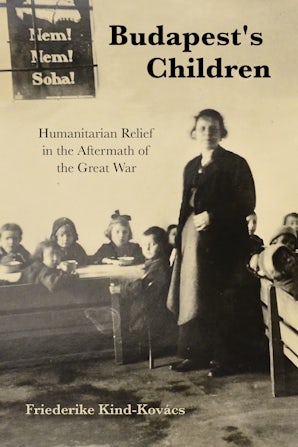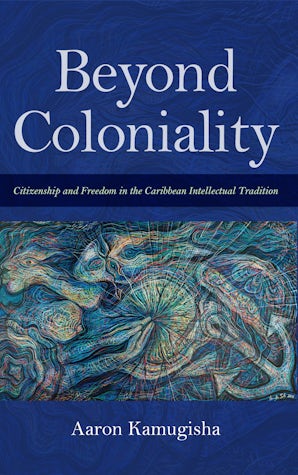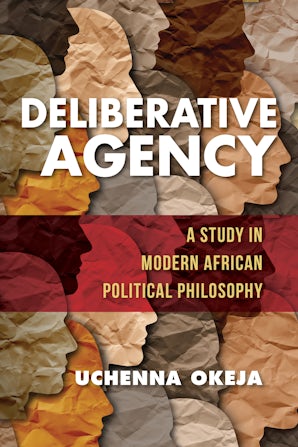
Winner: Sidney Edelstein Prize
Akosombo Stories from Ghana
Since its construction in the early 1960s, the hydroelectric Akosombo Dam across the Volta River has exemplified the possibilities and challenges of development in Ghana. Drawing upon a wealth of sources, A Dam for Africa investigates contrasting stories about how this dam has transformed a West African nation, while providing a model for other African countries.
The massive Akosombo Dam is the keystone of the Volta River Project that includes a large manmade lake 250 miles long, the VALCO aluminum smelter, new cities and towns, a deep-sea harbor, and an electrical grid. On the local level, Akosombo has meant access to electricity for people in urban and industrial areas across southern Ghana. For others, Akosombo inflicted tremendous social and environmental costs. The dam altered the ecology of the Lower Volta, displaced 80,000 people in the Volta Basin, and affected the livelihoods of hundreds of thousands of Ghanaians.
In A Dam for Africa, Stephan Miescher explores four intersecting narratives: Ghanaian debates and aspirations about modernization in the context of decolonization and Cold War; international efforts of the US aluminum industry to benefit from Akosombo through cheap electricity for their VALCO smelter; local stories of upheaval and devastation in resettlement towns; and a nation-wide quest toward electrification and energy justice during times of economic crises, droughts, and climate change.





